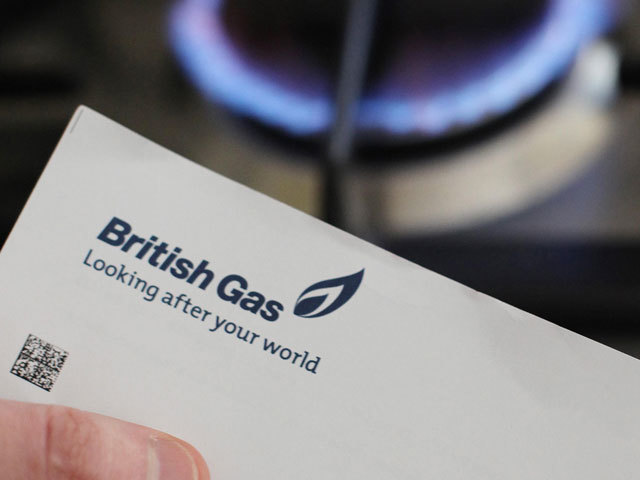
SSE have become the latest energy provider to raise prices for domestic customers, their announcement of a 14.9% hike in electricity bills coming less than a week after E.On’s own 8.8% rise to dual-fuel bills. Their news now means that all but one member — British Gas — of the Big Six have raised prices for the spring, yet aside from all requiring their customers to pay more for energy, they have something else in common.
Namely, they’ve all blamed their respective price increases on Government policies regarding renewable energy. Even though some of them, including npower and Scottish Power, have acknowledged the role rising wholesale costs have played in bill rises, they’ve all been united in singling out the Government’s environmental policies and efficiency schemes as a major driver of domestic costs. Such schemes include the Renewables Obligation, Feed-in Tariffs, and Contracts for Difference, and given that they all have to be paid for somehow, there’s little doubt that they’re an expense when taken on their own.
However, to take them and their costs in isolation would be to miss the bigger picture, which is that, as a whole, they result in bills that are lower than they would’ve been without them. For instance, in November 2014, the Department for Business, Energy and Industrial Strategy (DEIS) published an analysis of the effects of various green levies on the typical domestic energy bill. While they unsurprisingly found that Government policies set the typical energy customer back around £89 (or 7%) a year on her dual-fuel bill, they also found that because of the effects of these policies on wholesale costs and efficiency, they brought in an overall net saving of £90.
In other words, renewables policies and subsidies pay for themselves and then some, indicating how energy providers are being somewhat inaccurate if not simply misleading to suggest that bills are rising because of them. And as the DEIS’s analysis revealed, environmental policies make for lower bills not just because they increase energy efficiency, but because an increased supply of energy results in decreased wholesale costs. More specifically, as a proportion of the average energy bill, these costs have dropped quite dramatically in recent years, descending from 54% in 2010-11 to 34% in 2016/17.
Yet if this weren’t already indication enough of how energy providers are being disingenuous in blaming environmental policies, more indication is provided by how the cost of green levies has been dropping. According to Ofgem’s most recent breakdown of bills, Government policies made up £109, £100 and £86 of a typical fuel bill in 2013, 2014, and 2015 respectively, as the Government actually reduced subsidies for solar power and other green energies.
Equally telling is the fact that, in parallel with this drop, the earnings before tax of energy providers has been rising. After coming in at £8, £35 and £30 per annual bill in 2009, 2010, and 2011, they rose markedly to £53 in 2012, where they’ve more or less remained (in 2015 it was £47). This is a significant rise, if only because it shows how the highlighting of green subsidies conveniently distracts public attention away from a component of energy bills that has been generally increasing.
In light of this, it becomes tempting to propose that the Big Six energy providers are using environmental policies as a convenient scapegoat. In fact, it’s tempting to go even further and to suggest that their blaming of environmental policies stems from a fundamental opposition to renewables, which they fear will undermine their dominance of the energy market.
Of course, such a theory can’t be decisively proven, yet it’s interesting to note that the Government’s subsidising of new entrants into the energy market confronts the Big Six with the “risk of their business models being out-competed by [the] price competitiveness of the renewables energy sector.” It’s also interesting to note that the share prices of energy providers are affected negatively by news surrounding climate change and the renewables sector. Since their financial performance is adversely affected in this way, it’s likely that their highlighting of policy costs may be an economic and political move, one intended to lower the public’s appetite for greener, carbon-neutral energy. Yet for the sake of the environment – and for energy bills – let’s just hope it doesn’t work.
Lyndsey Burton is founder of Choose, a UK price comparison site which covers energy and personal finance topics among others.
Recommended for you
